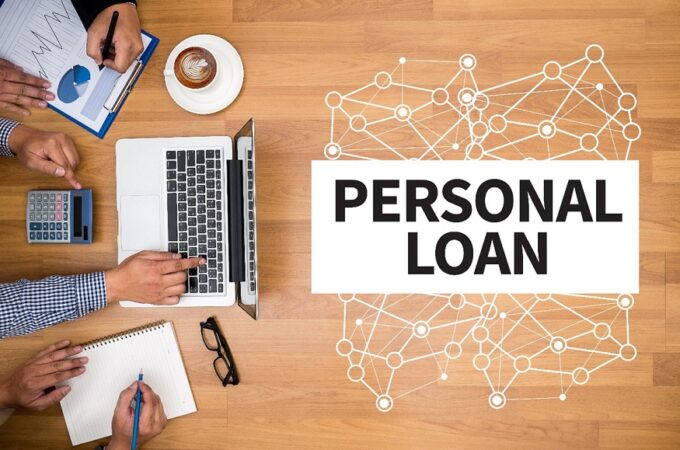
Where Should Working Professionals Save for Emergency Funds?
Life is full of surprises, and each day can bring both joy and challenges. Today’s world has become too fast-paced, and uncertainty is a bonus. Whether car repair or unexpected medical bills, financial emergencies will never wait for the right time.
That’s why every working professional should have emergency funds on hand. Saving the money is not the most crucial part; where you save it is essential. In situations where savings fall short, opting for a loan for emergency needs can provide immediate financial relief without disrupting long-term goals.
An emergency fund is like a financial magic wand for you. It helps you keep safe from maxing out your credit cards. It provides peace of mind to any busy working professional. A person must ensure that this fund is secure, accessible, and safe from the rest of the world and from market volatility.
1. High-Yield Savings Accounts – The Gold Standard
If you are a working professional, you must have a high-yield savings account. The reputed banking institutions generally provide these accounts.
The money in these bank accounts remains liquid; you can access it whenever you want. The main goal is to remove the money from your site so you don’t spend it on unnecessary stuff. It’s essential to remember that the interest rate can change periodically.
2. Liquid Mutual Funds or Money Market Funds – For the Slightly Savvy
If you have been a working professional for a long time, then you must know about liquid mutual funds or money market funds. These are the important financial terms that you should be familiar with. These funds generally invest in short-term, low-risk instruments like government securities and corporate bonds.
They may not be as safe as savings accounts, but they are still helpful because they offer better returns with reasonable access to funds within 24 hours. This is primarily for the people who are disciplined about money access but still want liquidity. For example, if you have significant funds and want more growth with some risk, this fund will be helpful.
3. Fixed Deposits with Sweep-In Facility
Everyone loves getting interest and also recovering any amount of money whenever needed. For working professionals, fixed deposits with sweep-in facilities are the best. In this, you will get interest on the amount you deposited; in other words, you can say higher FD interest. Also, if you require any money anytime, the bank will transfer that money into your savings account.
This way, you won’t have to break all of the FD and can get only the required money. It’s a great way to earn and still be ready. It is ideal for someone who doesn’t need the cash often but still wants to access it whenever required.
4. Cash – Yes, Actual Cash
Some people spend cash too fast, while others spend money too quickly online. Few people know that cash and an emergency fund are valuable assets. Although this is outdated, it is the best way to save money and put it aside as an emergency fund.
Cash always remains with you, meaning you can easily access it anytime without considering legal formalities to get the emergency fund. In case of any natural disaster where banks are closed, ATMs are not working, and the internet is down, cash helps you survive and be prepared.
5. Avoid Lock-In Investments for Emergency Funds
It is tempting to put your emergency funds into long-term FDs, stock markets, etc.; this is where your money is safe. But the money doesn’t belong there. Now you might ask why? The answer is that these places come with penalties and market risks that might affect your savings.
One misconception is that emergency funds are for growth, but they don’t know they are for protecting you in harsh situations.
How Much Should You Save?
This is the key question that people get confused about. The basic guideline is maintaining a savings account with 3 to 6 months’ expenses as a safety net. If you are single without any extra overhead expenses, 3 months of emergency fund is enough for you, but if you have a family to run, then at least 6 months of money should be kept aside as emergency funds. In case you’re caught off guard without enough savings, quick loans can help bridge the gap and manage urgent financial needs efficiently.
Conclusion
An emergency fund is not about savings but intelligence, security, and independence. We don’t know the future; anything can happen, and emergency funds help us be prepared early in that situation. This fund is like a personal safety net. Small savings can lead to a large amount in your emergency fund that will be used for you and your family.




